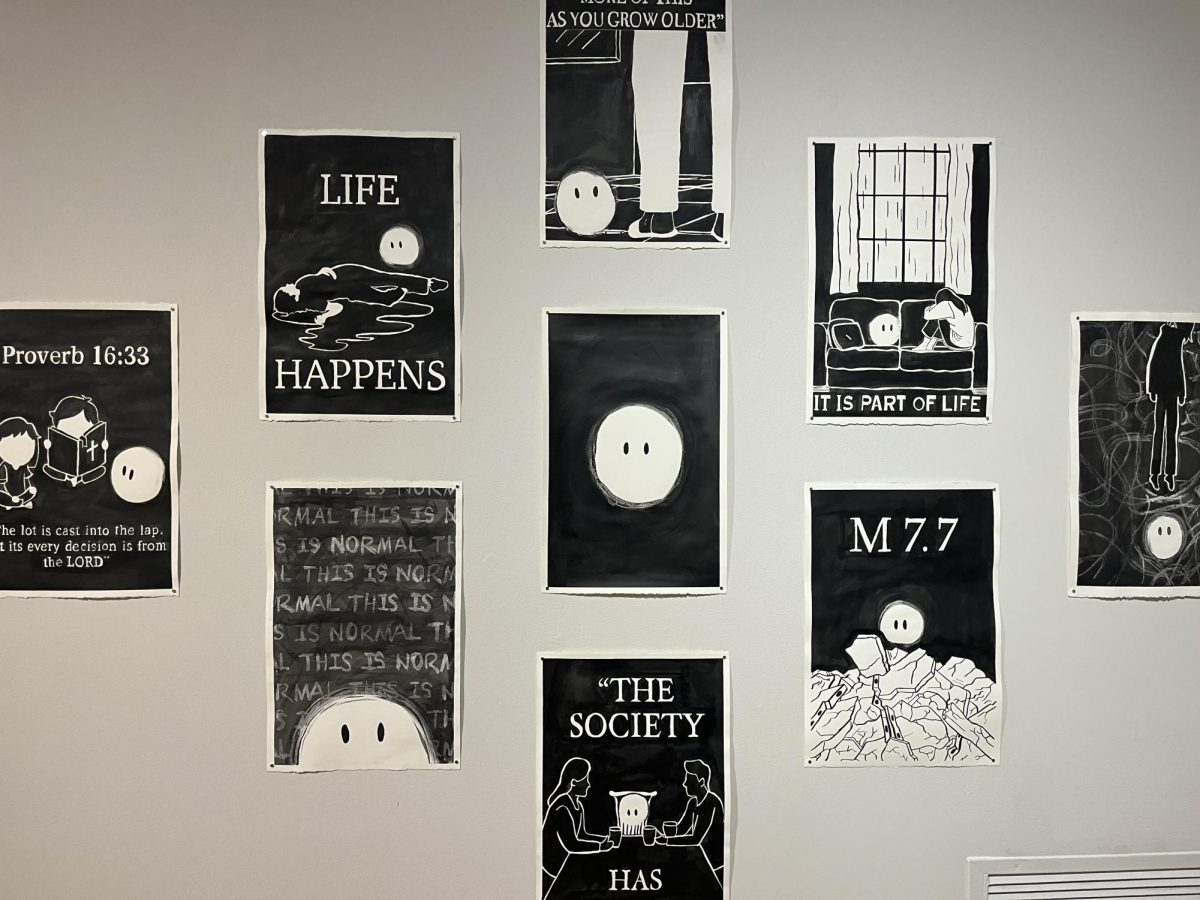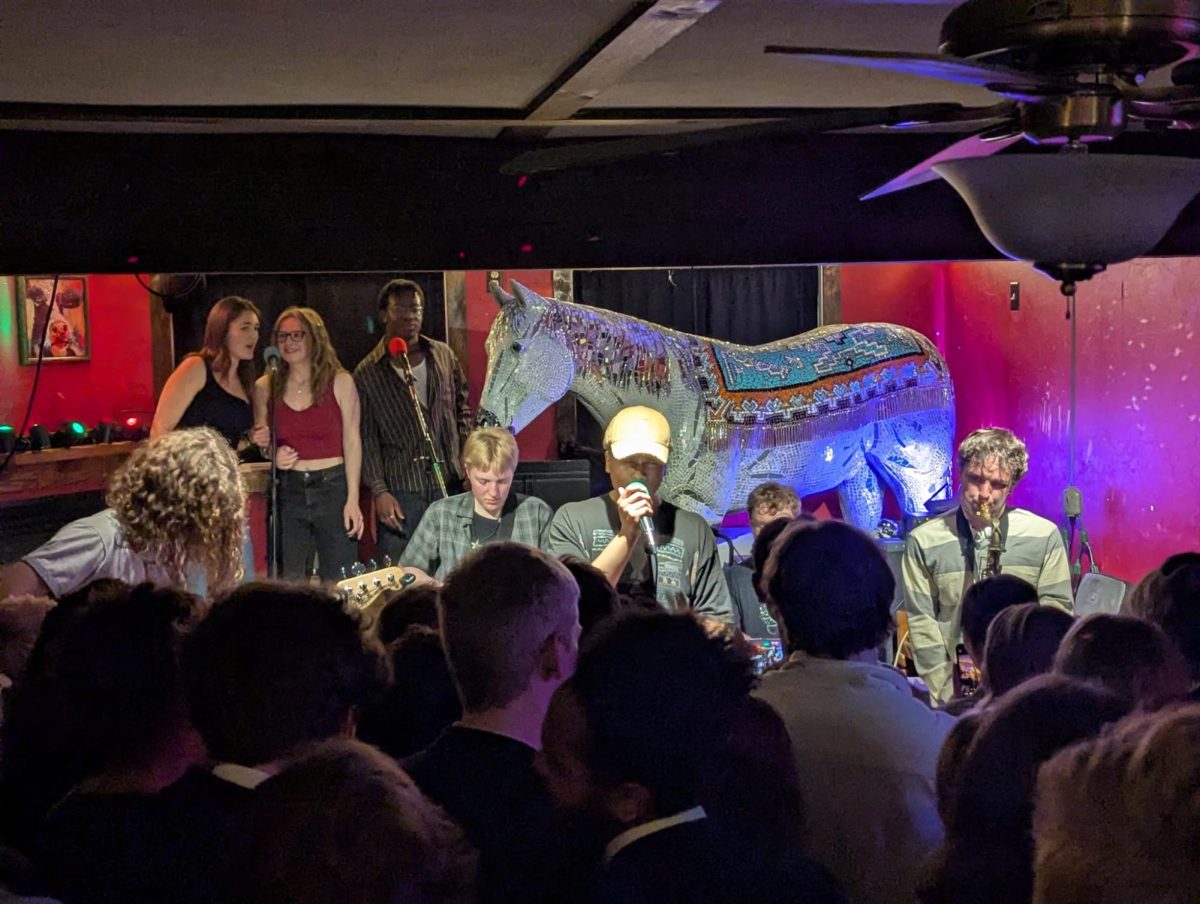Each Christmas, my family has a tradition of exchanging books and reading them together. It’s an Icelandic tradition called Jolabokaflod, and while at first it felt a little forced — my family is not one for over-the-top celebrations and customs — I find myself looking forward to it every year.
This past year, I was gifted “Enter Ghost” by Isabella Hammad. I picked it up Christmas Eve, tore through the first 50 or so pages, and then left it on my shelf. Since then, “Enter Ghost” has traveled with me to Spain, Chicago, and finally back to St. Olaf, where I have dedicated the last week to finally sitting down and finishing it.
What sets “Enter Ghost” apart from other fiction set in Palestine is that it is not centered on tragedy or the characters’ plight in the war. While that is certainly a key part of this novel, it mainly explores what it is like to be an actor and artist in Palestine, and the way one builds community in creating a play together. Sonia, the protagonist and narrator, has just returned from London, and finds herself roped into playing Gertrude in a Arabic-language production of “Hamlet.” Sonia has just got out of an affair with her old director, Harold, and returns to Haifa, her hometown, to get her mind off of it. Sonia is a seasoned actor that has plenty of experience, but is hesitant to take on the role of Gertrude while she is reeling from her recent trauma.
What follows is a story filled with personal strife, complicated relationships, logistical complications on behalf of the Israeli military. Sonia struggles with fully immersing herself into the role, haunted by her past and the current state of Palestine. Her relationships with her fellow actors get messy, and she doesn’t always know what to say to her director, Miriam. Above all that, rehearsals become increasingly difficult when the Israeli government intermittently cuts power in their theater and begins to intimidate the cast. The play begins to gain international attention, and the actors realize that this production will either be a platform for Palestine, or a personal danger to all of them.
Anyone involved in theater or who has read Shakespeare — specifically “Hamlet” — at any point in their life would surely appreciate this novel. It remarkably ties in the story of Hamlet with the people of Palestine, suggesting that Shakespeare’s tale of loss, revenge, and madness, is comparable to the occupation of Palestine, especially with regards to the character of Ghost. The play becomes a haunting analogy of what the characters are currently experiencing, and the lines between art and real life are blurred.
For actors specifically, this novel is a strikingly accurate ode to the craft. The careful study of acting and performance in “Enter Ghost” is touching and extremely on-the-nose, as it delves into everything from intense character work to the fascinating relationships that happen between cast members. It reminds readers of the intimate work that is creating a play — and the way in which actors invest so much of their heart, soul, and personal lives into their work. It makes one consider the importance and value of art and theatre making, and how difficult it would be to pursue this in the midst of occupation. It made me consider what a privilege it is to create art freely.
“Enter Ghost” is unlike anything I have read before, in content and style. Many of the scenes are written in screenplay format, even when the actors are not rehearsing — another poke at the blurring between acting and reality. And, the first-person narration is raw and honest. Sonia’s perspective is witty, observant, and sensitive, and is written with such detail and attention. As a reader, you also learn so much about Palestine that isn’t headline news of death and despair, but of the nation’s families, homes, and actors.




